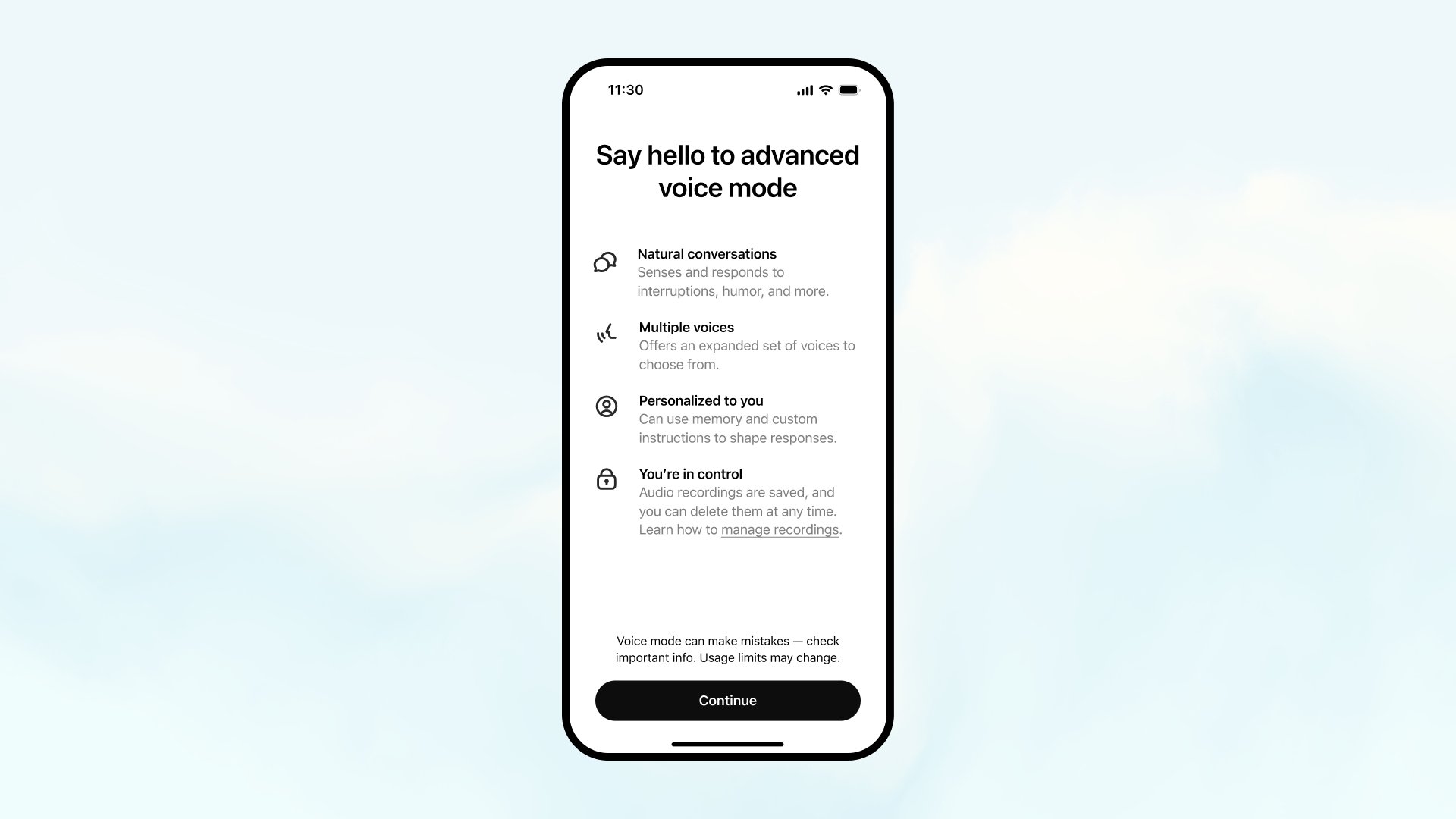- Innovation Profs Newsletter
- Posts
- Innovation Profs - 11/5/2024
Innovation Profs - 11/5/2024
Your weekly guide to generative AI tools and news
Generative AI News
Anthropic hikes the price of its Haiku model
Last month, Anthropic announced that an updated version of its lightweight LLM, Claude 3 Haiku, would soon be released. Now, Claude 3.5 Haiku is available via the Claude API, Amazon Bedrock, and Google’s Vertex AI, but with a catch: It costs four times more than its predecessor. On a post on X, Anthropic provided their rationale for the cost increase, writing, “During final testing, Haiku surpassed Claude 3 Opus, our previous flagship model, on many benchmarks — at a fraction of the cost. As a result, we’ve increased pricing for Claude 3.5 Haiku to reflect its increase in intelligence.” We’re curious about the measure of cost per unit of intelligence the folks at Anthropic might be using…
OpenAI Releases SimpleQA: A New AI Benchmark that Measures the Factuality of Language Models
In response to the well-known hallucination problem, OpenAI has released SimpleQA, a new open source benchmark for measuring an LLM’s factuality. “SimpleQA is unique in its focus on short, fact-seeking questions with a single, indisputable answer, making it easier to evaluate the factual correctness of model responses.” The benchmark consists of 4,326 questions on subjects ranging from “history, science, technology, art, and entertainment.”
Meta is pushing for the government to use its AI
In a Q3 earnings call on Wednesday, Meta CEO Mark Zuckerberg announced that Meta was “working with the public sector to adopt Llama across the US government.” In a response to an email from The Verge, Meta spokesperson Faith Eischen stated that Meta has “partnered with the US State Department to see how Llama could help address different challenges — from expanding access to safe water and reliable electricity, to helping support small businesses” and that the company has “been in touch with the Department of Education to learn how Llama could help make the financial aid process more user friendly for students and are in discussions with others about how Llama could be utilized to benefit the government.” According to Eischen, no payment is involved in these partnerships.
OpenAI CEO Sam Altman says new AI model is taking a while because 'we can't ship' as quickly as hoped
Don’t expect GPT-5 to drop in 2024. That’s according to Sam Altman, who responded to questions for a Reddit AMA. According to Altman, OpenAI has "some very good releases coming later this year" but "nothing that we are going to call GPT-5."
This impressive AI art tool gives control back to artists and "rethinks how AI art should work"
GenAI-powered photo-bashing? That’s what new tool Blendbox purportedly offers, breaking from the mold of “prompt jockeying” with AI image generation tools like Midjourney and Stable Diffusion, which drastically limit the amount of control users have over the images they generate. Here’s roughly how Blendbox works: “While text to image prompts are used to set the initial style and content, once you have images in a scene you can drag and drop them to adjust the main illustration, change a scene's tone or collide images for new outcomes.” This marks a significant new development with AI image generation tools.
Quick Hits
Tool of the week: Perplexity Election Information Hub
Are you ready to rely on AI for election information? Perplexity has a controversial new election hub that is doing just that.
Voters can ask where their local polling stations are, what time the polls open, and what the voting requirements are, and can get AI-generated summaries and analyses of candidates, ballot measures, official policy stances, and endorsements. The hub, powered by data from the Associated Press, will also provide live updates on election results.
AI-generated image of the week
Happy Election Day. Midjourney was not on it’s best game for this occasion.

Prompt: A man wearing a small sticker that says "I voted"Get starting with Generative AI
New to generative AI? Here are some places to start…
What we found
Oasis is billed as the first playable AI-generative video game. Here’s what they say:
“Oasis takes in user keyboard input and generates real-time gameplay, including physics, game rules, and graphics. You can move around, jump, pick up items, break blocks, and more. There is no game engine; just a foundation model.”







